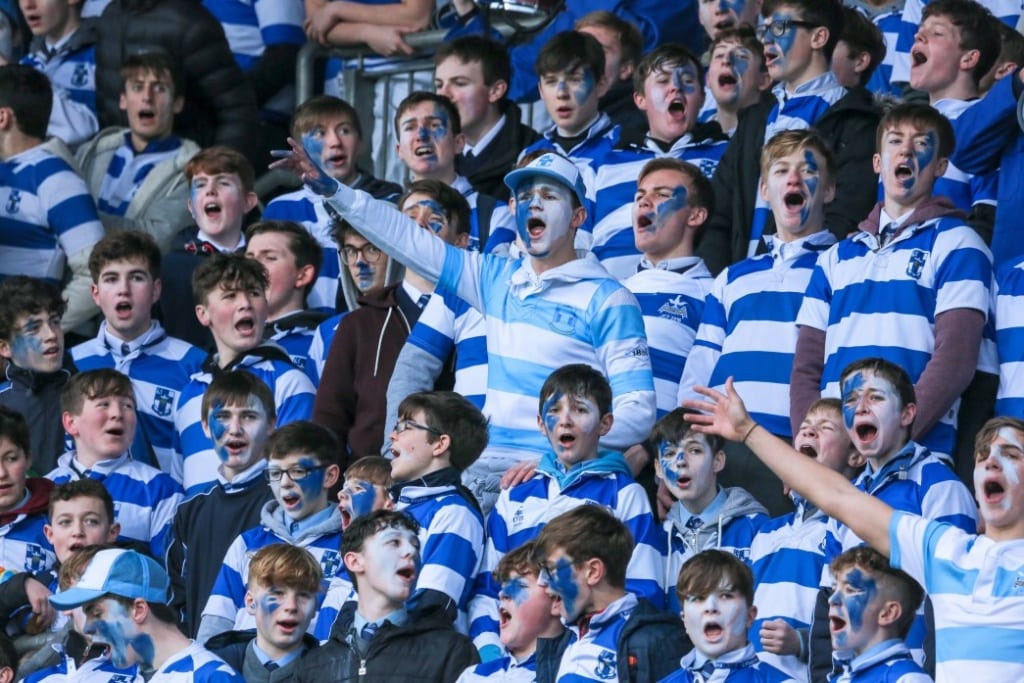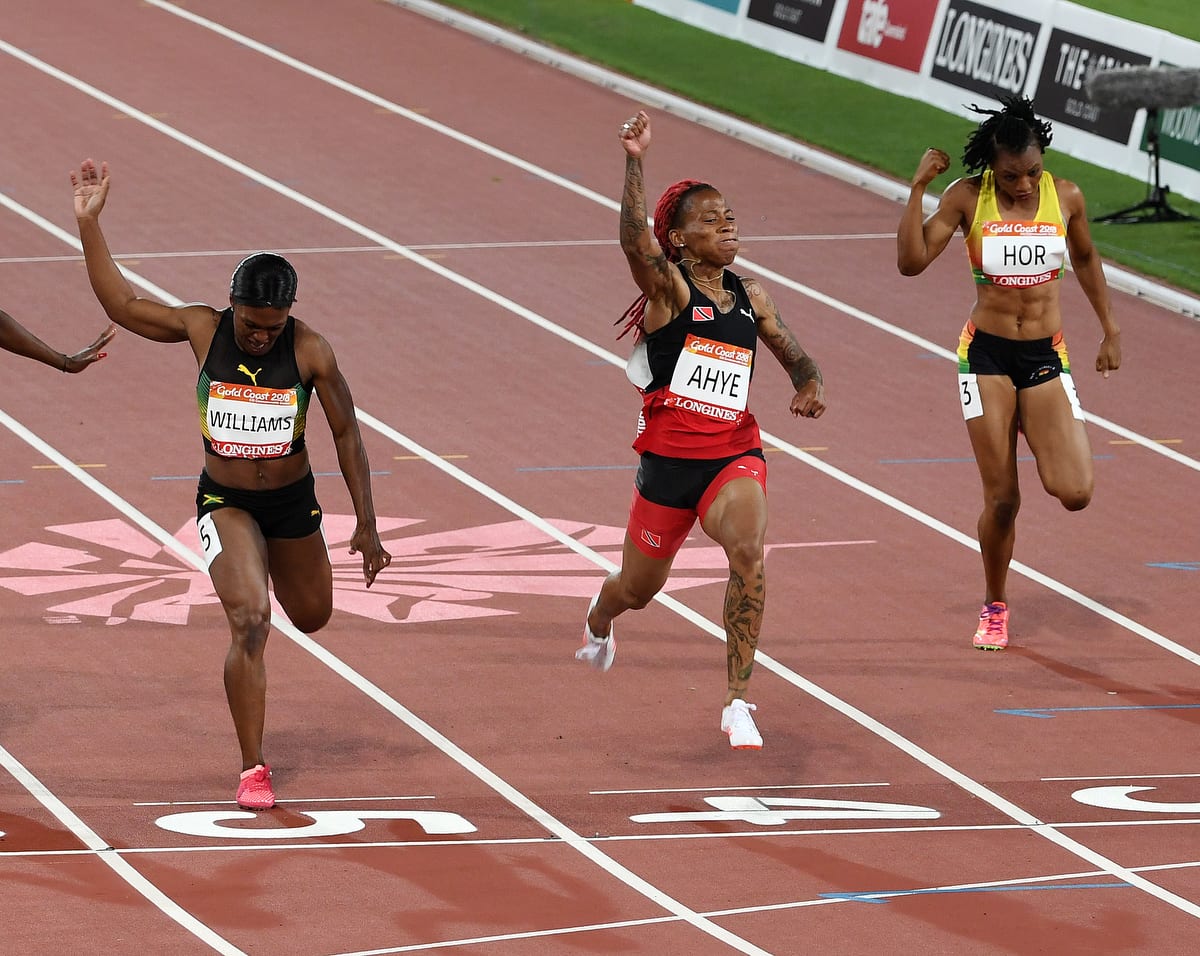SEVEN DAYS IN SPORT: Now we’ve found out who really owns sport, writes RON REED:
MORE than any other sport by far, soccer’s relationship with its fans is a mighty powerful force. The big-noters who tried – and failed spectacularly – to hijack the European game with a new so-called super league this week under-estimated that at their peril, and paid the predictable price. People power might not have been alone in scuttling the project – every conceivable stakeholder, up to and including the British Government and even the players from the six English clubs involved joined in the protests – but it was the supporters who made the loudest noise.
They consider themselves the true owners of the world’s most powerful sport – and rightly so, given its origins as a working man’s source of enjoyment back in the 19th century. It has been taken over by squillionaire businessmen and oil sheikhs and the like who pay players obscene amounts of money. But essentially it remains a source of entertainment for the masses, in practically every country in the world, and without that basic appeal it wouldn’t have the feathers to fly nearly as high as it does. Or maybe to even get off the ground.
That is so obvious that it beggars belief that the rebel clubs – and they are still “clubs” in the eyes of their diehards, rather than businesses or franchises, as their owners regard them – thought they could just play fast and loose with all that passion, loyalty, tradition, history and respect.
That was never feasible.

Fans deserve to always have their say in what is happening to their game on every level because without them sport would be … what?
Greatly diminished, to say the least.
Here in Melbourne, you don’t need a very long memory to appreciate that.
This time last year, the AFL was in recess after playing its opening round without any spectators because of the pandemic, some even resorting to life-size cardboard cut-outs.
Those first nine games, especially the now semi-traditional blockbuster opener between Richmond and Carlton were so soulless that even the players derived limited enjoyment. It was a powerful reminder that the fans should never be taken for granted, in any shape or form.
The lesson wasn’t lost on the league, or any other sport in Australia
This is one country – and there aren’t many – where soccer does not reign supreme in terms of spectator appeal and general enthusiasm. In fact it runs a distant third, having once struggled to survive with an almost niche status, and now seemingly in sharp decline again.
Personally, it has been very much an acquired taste that never quite managed to totally captivate me. That might have its origins – other than never having been exposed to it at school, where footy was always king in the bush towns in which I grew up – in my introduction to it at the very top level when I lobbed in London for the traditional see-the-world excursion as the sixties were turning to the seventies.
A mate insisted I accompany him to watch Chelsea three weeks in a row. After sitting through three scoreless draws I withdrew, making the scornful observation that a form of football in which no-one ever scored a goal was not something any self-respecting Aussies rules devotee would waste time on.
Of course, my education did broaden across the rest of the two years I lived there, and I became a regular at Stanford Bridge, the Chelsea HQ. I now follow the Premier League with only desultory detachment. So Chelsea’s involvement in the super league fiasco was of only passing interest.
These days I think I might enjoy observing soccer crowds more than the game itself. They are often more colourful and animated.
Two matches in particular have helped form that outlook.
In 1984, while back in London at the tail end of a footy tour of Ireland with the VFL under 17 team (hello Steve Silvagni, Gary Lyon, Ross Lyon and others) I managed to get seats at the FA Cup final between Everton and Watford.
As always, 100,000 people packed Wembley Stadium, the first – and still the only – time I had been exposed to a soccer crowd of that size, and it was an amazing sensory experience.
My seat was only a few rows forward and directly in front of the Watford chairman, one Elton John. So when the mob started singing before kick-off – always a highlight of English soccer – I looked back to discover that the only person not in full voice was the most famous singer in the world at that time. He was brushing away tears, too overcome with emotion. Sadly for him, Everton won 2-0.
And in November 2001 I had another surreal experience when sent to Uruguay to watch the Socceroos win their way through to the World Cup, still a form of Mission Impossible in those days.
Armed with a 1-0 lead from the first leg in Melbourne a week earlier, they were slaughtered 3-0.
Montevideo’s rundown old Estadio Centenario held only 62,000 people but they generated the loudest and most sustained noise I have ever heard at a sports event, including the MCG on any of many Grand Final days with crowds nearly twice that big. I had a phone installed at my work desk which struggled to activate my laptop and which was useless when I tried to contact the office in Melbourne to tell them that – the call got through alright, but the racket was so loud I couldn’t hear them and they couldn’t hear me. I learned later that this was typical of all South American football, especially when the stakes were so high, and I have little doubt that it generated an intimidation factor that helped put the Australians off their game.
When the A League started up, I was supposed, professionally, to be a neutral observer but quickly developed an attachment for Melbourne Victory because they were the only team in town – and after an indifferent first season, a bloody good one, with a colourful if sometimes dubiously behaved support base.
For quite a few years there, Victory – and then Heart (now City) – made soccer an attractive proposition, and I often gravitated to it instead of automatically going to the AFL. I’m afraid those days are over. The competition itself has become less interesting, and now Victory have plunged to rock bottom, barely able to score let alone win a match, humiliated 7-0 the other night, with the predictable follow-up – the bullet for the coach.
The fans demanded it.
And when soccer fans, anywhere, demand to be heard about anything, they usually are. The world has just had that confirmed again – which is the moral of the story and the most positive thing that happened in a couple of days of high-octane negativity for the No 1 sport.

IF THE soccer upheaval brought into sharp focus how the traditional concept of “club” – where ordinary members get a say in what goes on – it wasn’t the only dispiriting example during the week. Weeks after the hasty exit of long-serving president Eddie McGuire, Collingwood replaced him by appointing – not electing – businessman Mark Korda. Electing? What’s an election?
It’s practically an unheard-of process in footy these days, at all clubs, having been done away with more or less by stealth decades ago. McGuire admitted as much, saying there had never been an election in his 20-odd years at the helm, and that while there is provision for 100 of the club’s 80,000 members to demand an emergency general meeting … well, we wouldn’t want that.
Perhaps it is more efficient for administrations to run these organisations from within, but they do so without the proper scrutiny that would apply, or at least be available, if they were democracies, as sports clubs used to be.
Collingwood is not the biggest sports club in the land, or even in Melbourne, as it likes to portray itself – the Melbourne Cricket Club has many more members. And they do get a vote.



MARNUS Labuschagne’s man- of-the-match innings of 192 that ensured Queensland took possession of the Sheffield Shield from NSW might have been the best innings he has ever played, given it was against three-quarters of the Test attack and was spread over three days with scarcely a ball hit in the air – an astonishing feat of concentration and skill.
Embed from Getty ImagesIt has prompted some expert observers to suggest he might now be close to usurping Steve Smith’s status as Australia’s best batsman, which is probably getting carried away a bit. Even David Warner might bristle at that. However, at 26, Labuschagne has clearly positioned himself as a candidate for the national captaincy when Tim Paine’s not-quite-imminent retirement arrives, and if Smith is deemed ineligible or unsuitable or both and Pat Cummins is overlooked just because he is a fast bowler.
So surely it is time he is made captain of his state to establish his credentials, just as Cummins needs to be given more time at the helm of NSW. Cricket Australia has been dithering over this important process for too long and needs to put a plan in place before a decision is forced on them.
RON REED has spent more than 50 years as a sportswriter or sports editor, mainly at The Herald and Herald Sun. He has covered just about every sport at local, national and international level, including multiple assignments at the Olympic and Commonwealth games, cricket tours, the Tour de France, America’s Cup yachting, tennis and golf majors and world title fights.



Discussion about this post